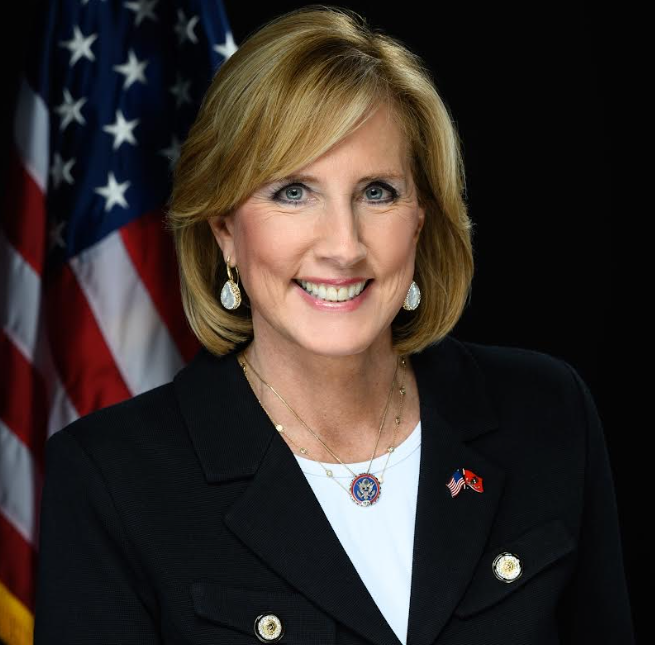Republican legislators have introduced multiple bills aimed at halting federal funding for National Public Radio (NPR), citing allegations of persistent left-wing bias. The proposed legislation, spearheaded by Rep. Claudia Tenney (R-NY), Rep. Jim Banks (R-IN), and House Freedom Caucus Chair Bob Good (R-VA), seeks to discontinue the flow of taxpayer dollars to the public broadcaster.
The controversy gained momentum following critical remarks from Uri Berliner, a former NPR editor, who accused the organization of losing its non-partisan stance. Berliner, whose subsequent resignation raised more red flags, highlighted NPR’s handling of several politically sensitive topics as indicative of its alleged bias. His critique, coupled with the recent appointment of Katherine Maher as CEO — who has made statements critical of the First Amendment in the context of combating misinformation — has fueled the Republican drive for defunding.
Maher, previously the CEO of the Wikimedia Foundation, has been criticized for her views on information control and has made donations to Democratic candidates, which critics argue further evidence the organization’s partisanship. The GOP’s critique extends to the overall composition of NPR’s newsroom, pointing out the predominance of registered Democrats within its ranks.
In defense, NPR contends that federal funding constitutes a minimal portion of its overall budget, with most of its financial support stemming from private donations and corporate sponsorships. The organization argues that withdrawing federal support would disproportionately impact local and community stations, potentially undermining public service journalism nationwide.
Rep. Tenney’s “Defund NPR Act of 2024” not only seeks to block direct federal funding but also aims to prevent public broadcast stations from using federal grants to purchase NPR content or pay dues. This move, according to Tenney, is to prevent taxpayer dollars from supporting what she describes as a “partisan propaganda machine.”
Critics of the defunding initiative argue that it could set a dangerous precedent for political interference in public broadcasting, risking the quality and breadth of information available to the public.
NPR has expressed disappointment over the proposed legislation, emphasizing the potential harm to local journalism, especially in areas already facing significant economic challenges. The broadcaster remains committed to its mission of providing balanced and informative reporting, despite the political hurdles it now faces.












